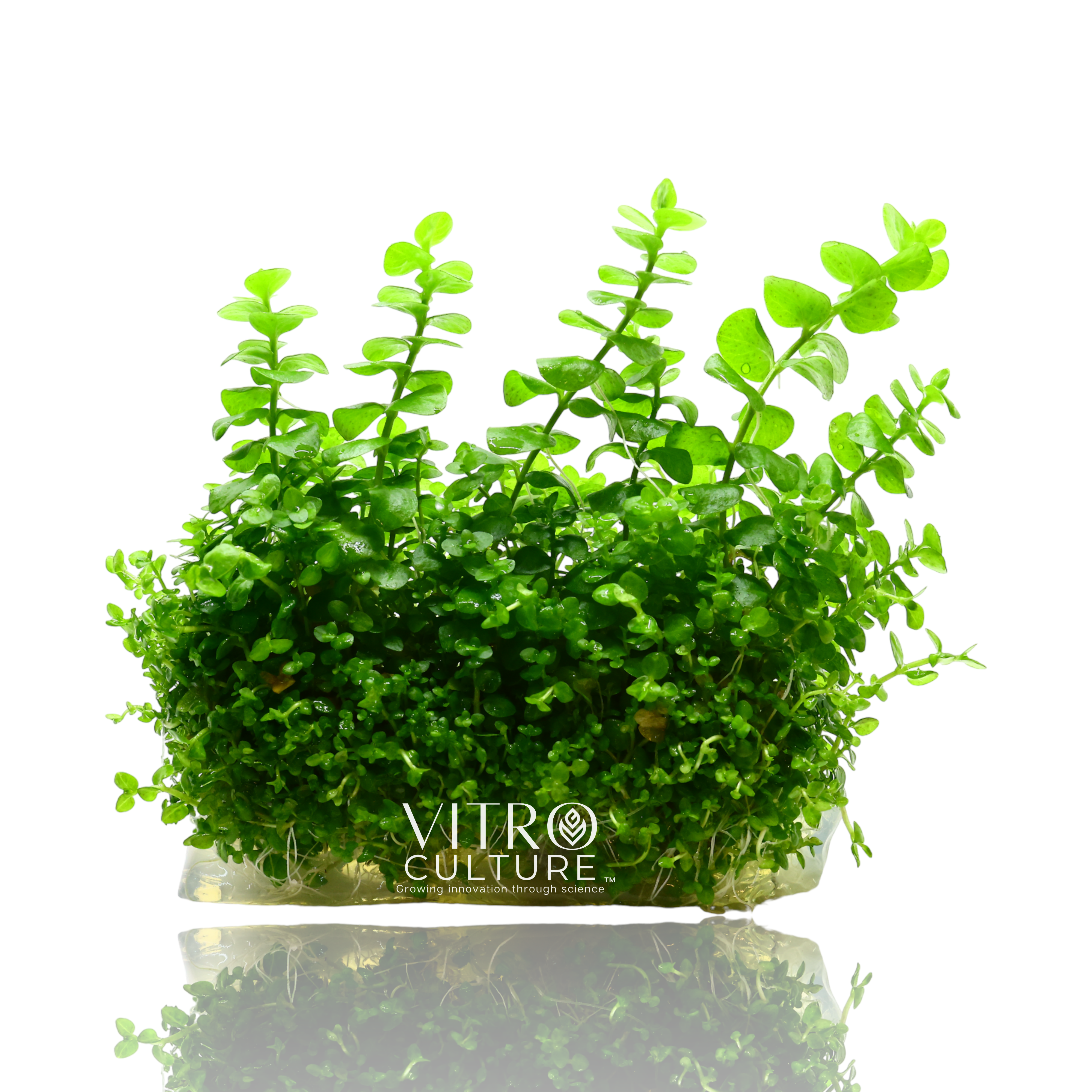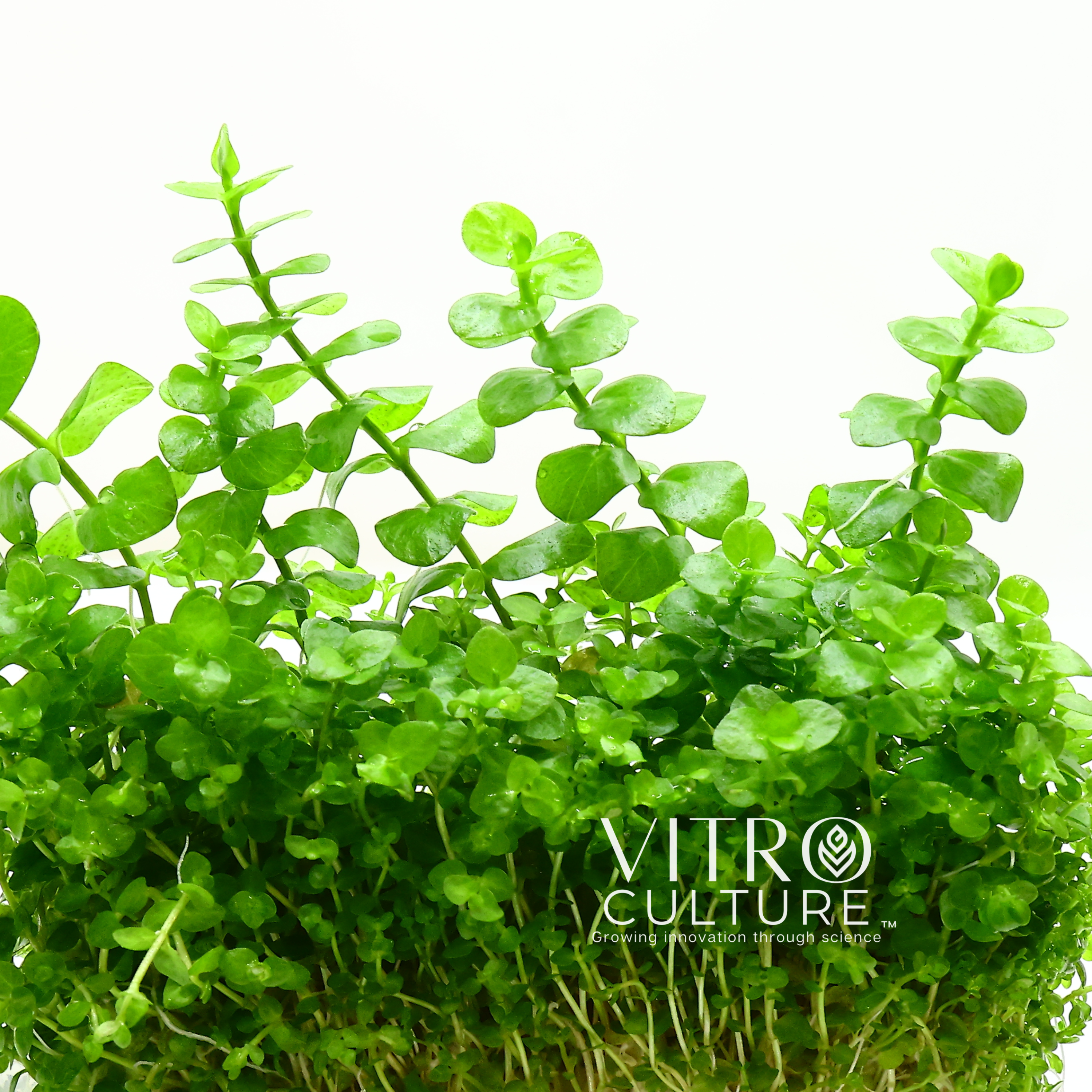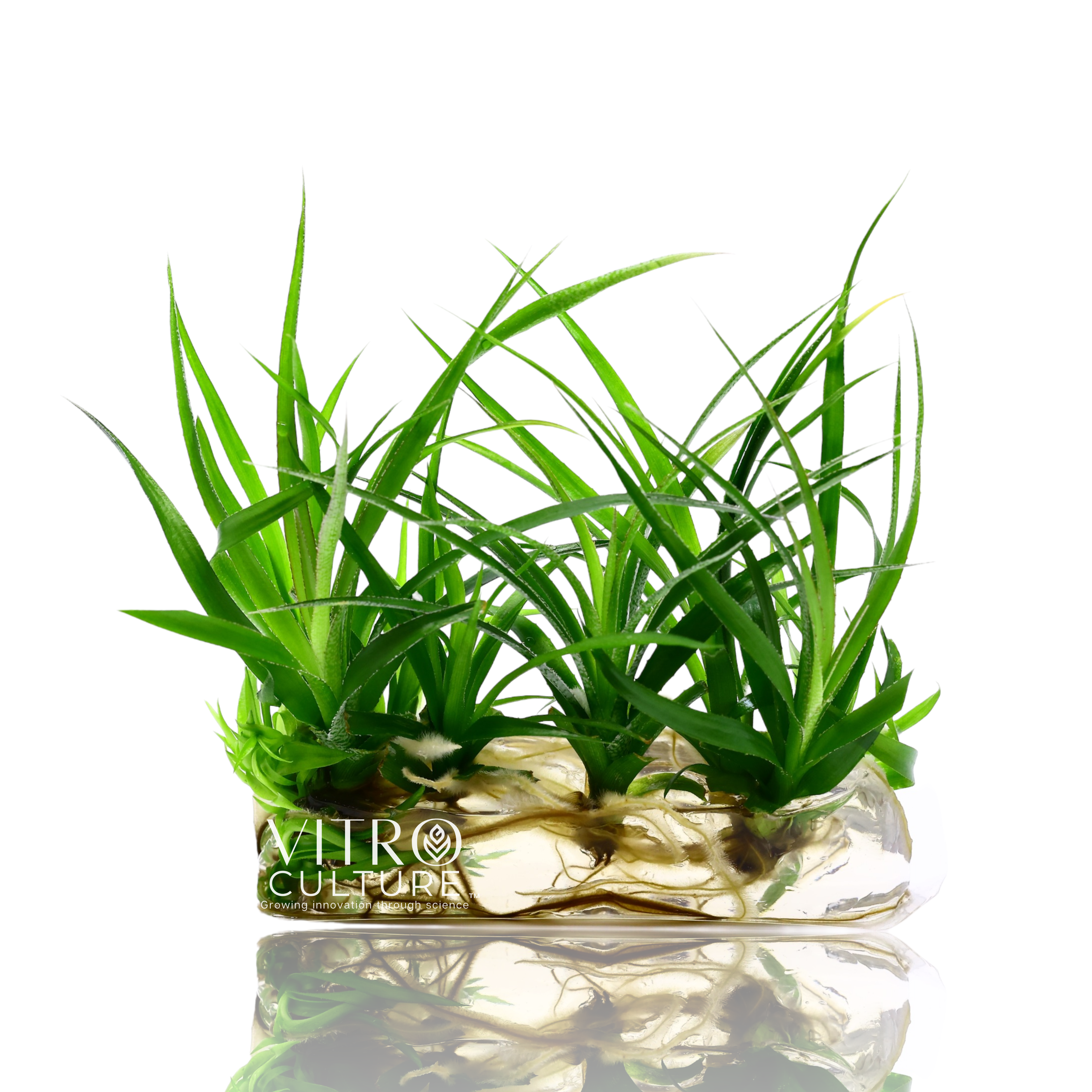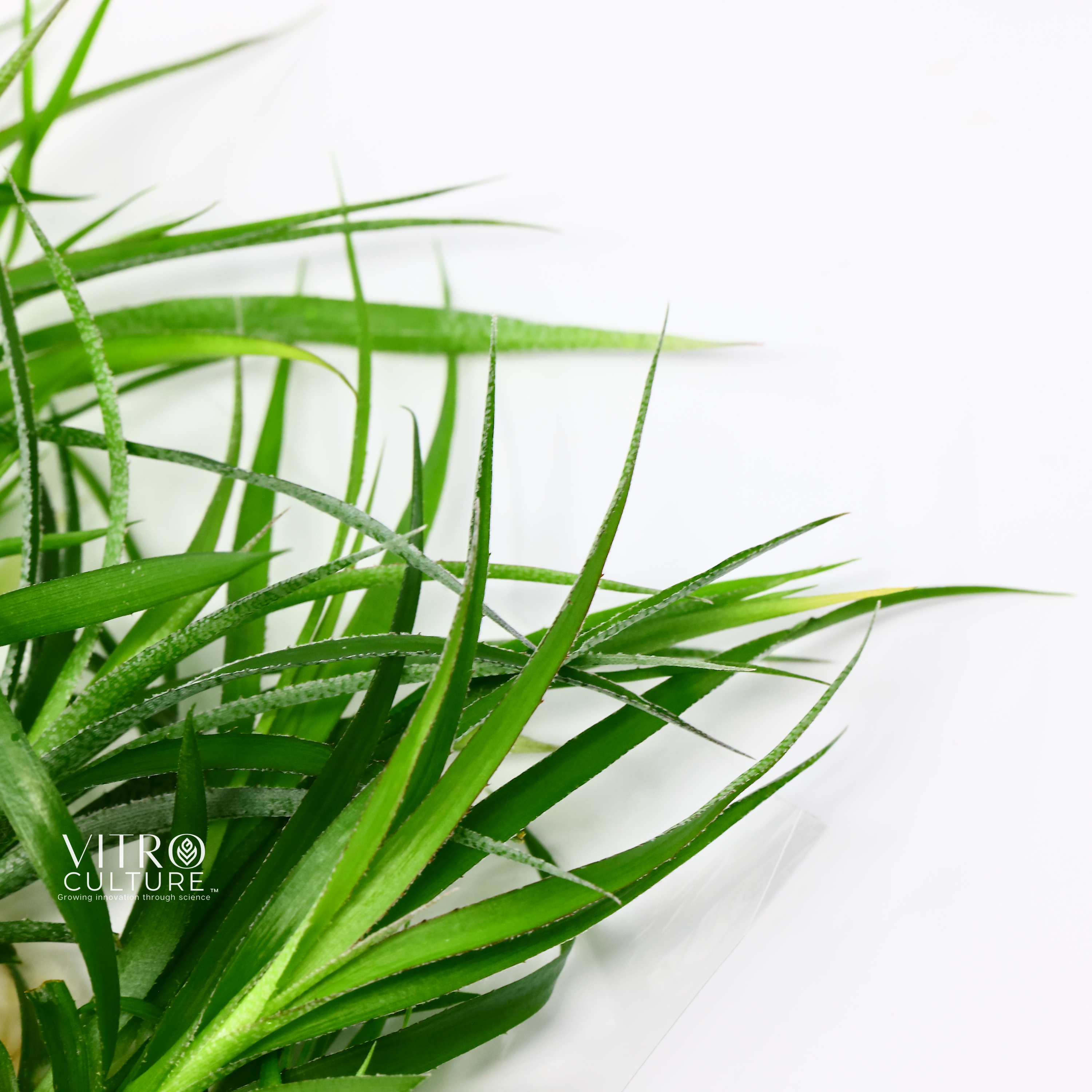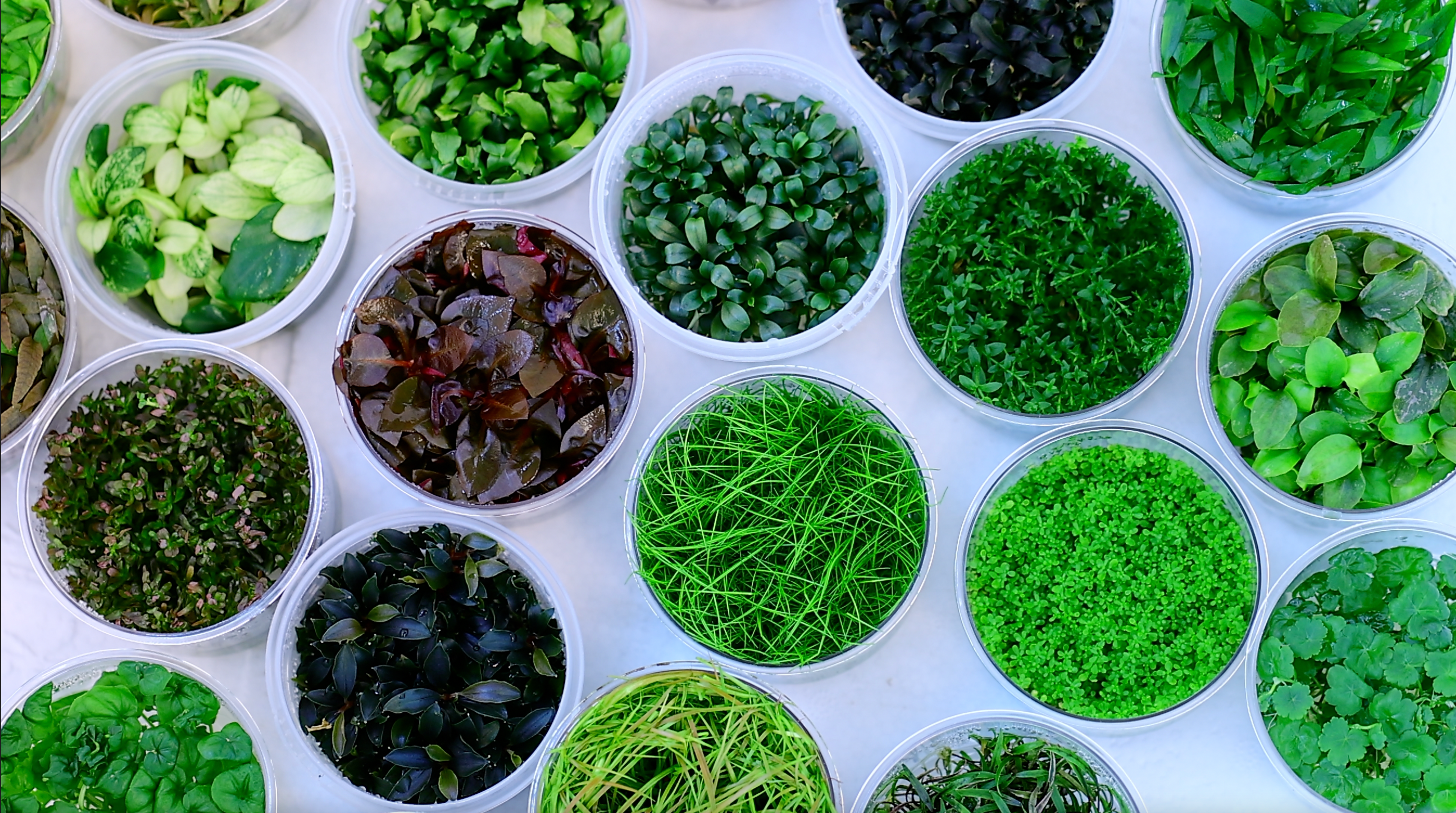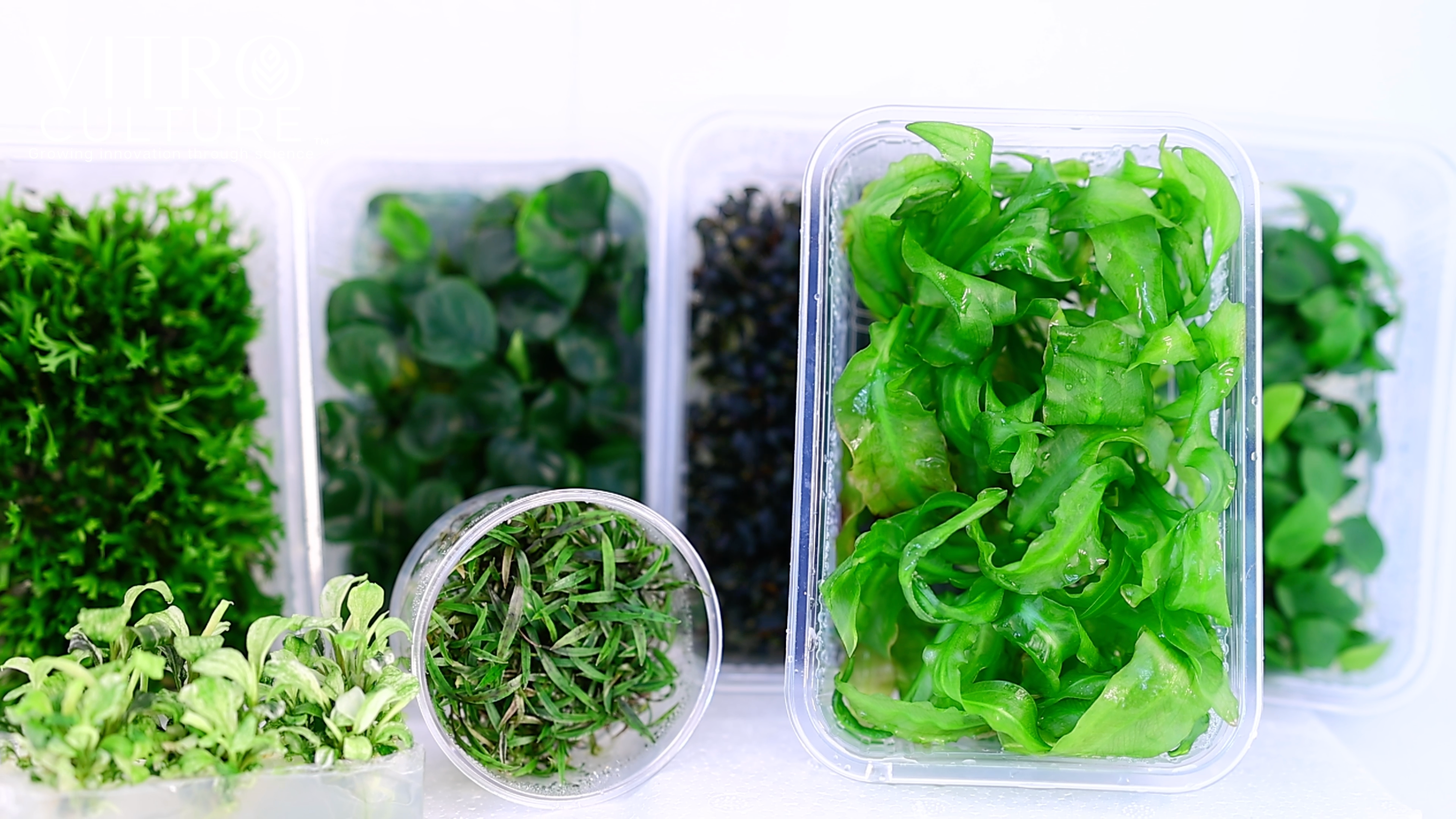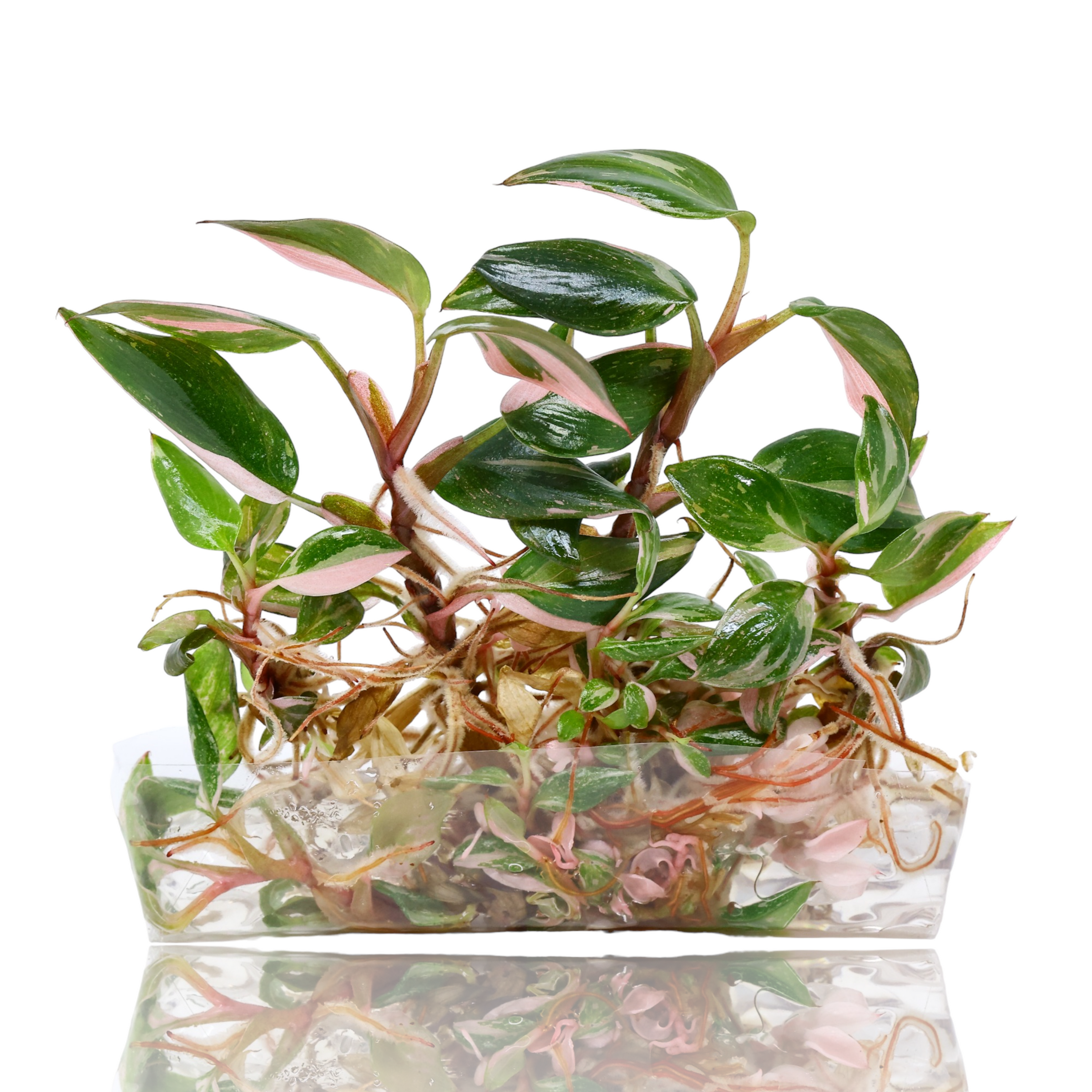
House Plants
House plants that are produced through tissue culture techniques, also known as "in vitro culture," are commonly referred to as "lab-grown" or "test-tube" plants. These plants are grown from tiny pieces of plant tissue or cells that are cultured in a sterile laboratory environment on a nutrient-rich growth medium.
The process of producing house plants through tissue culture starts by selecting the plant species to be propagated. Plant tissue samples are then taken from the selected plant and sterilized to remove any microorganisms that may cause contamination.
Once the tissue samples are sterilized, they are placed on a nutrient-rich growth medium that is designed to encourage plant growth and development. This medium contains a combination of vitamins, minerals, and growth hormones that promote the growth of new plant cells.
As the plant tissue grows and multiplies on the growth medium, it forms small plantlets that can eventually be transferred to soil for further growth and development. These plantlets are carefully removed from the growth medium and placed into containers filled with a soil mixture that is designed to provide the proper nutrients and support for the plant's growth.
Overall, tissue culture techniques are an effective way to produce large quantities of identical house plants with desirable characteristics. These plants are typically disease-free and grow more quickly than plants grown from seeds or cuttings. Additionally, because they are grown in a sterile environment, there is less risk of contamination or disease transmission compared to traditional propagation methods.
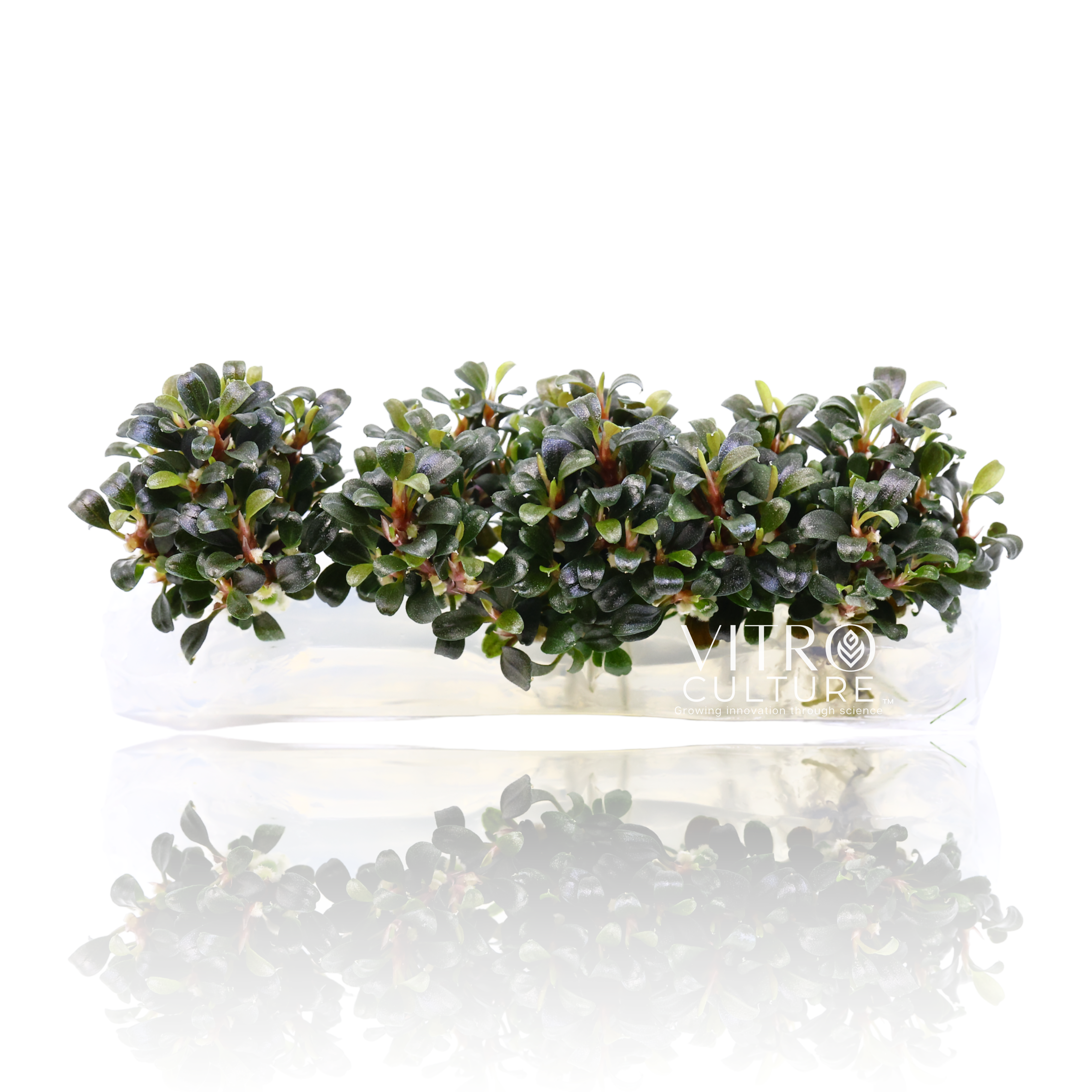
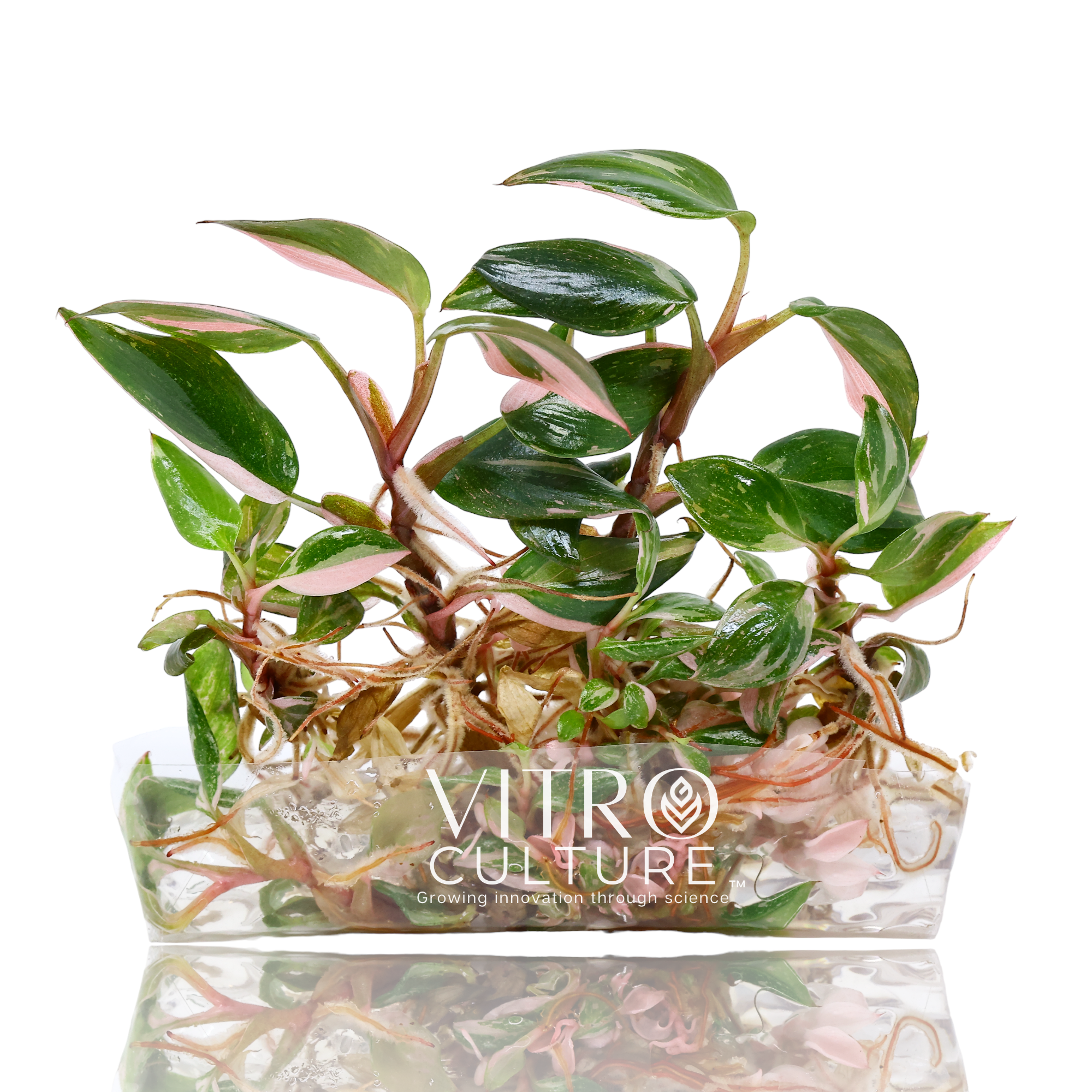
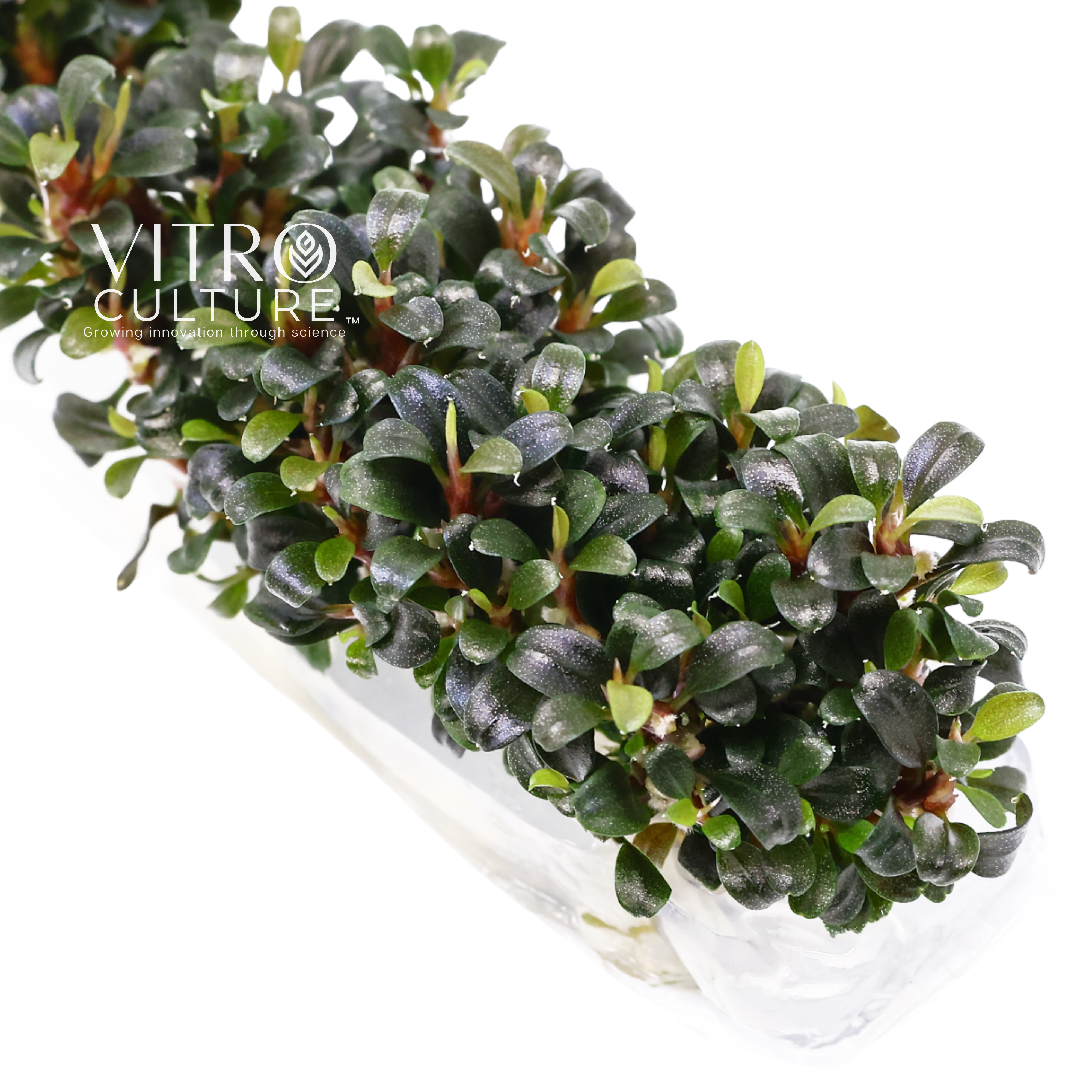
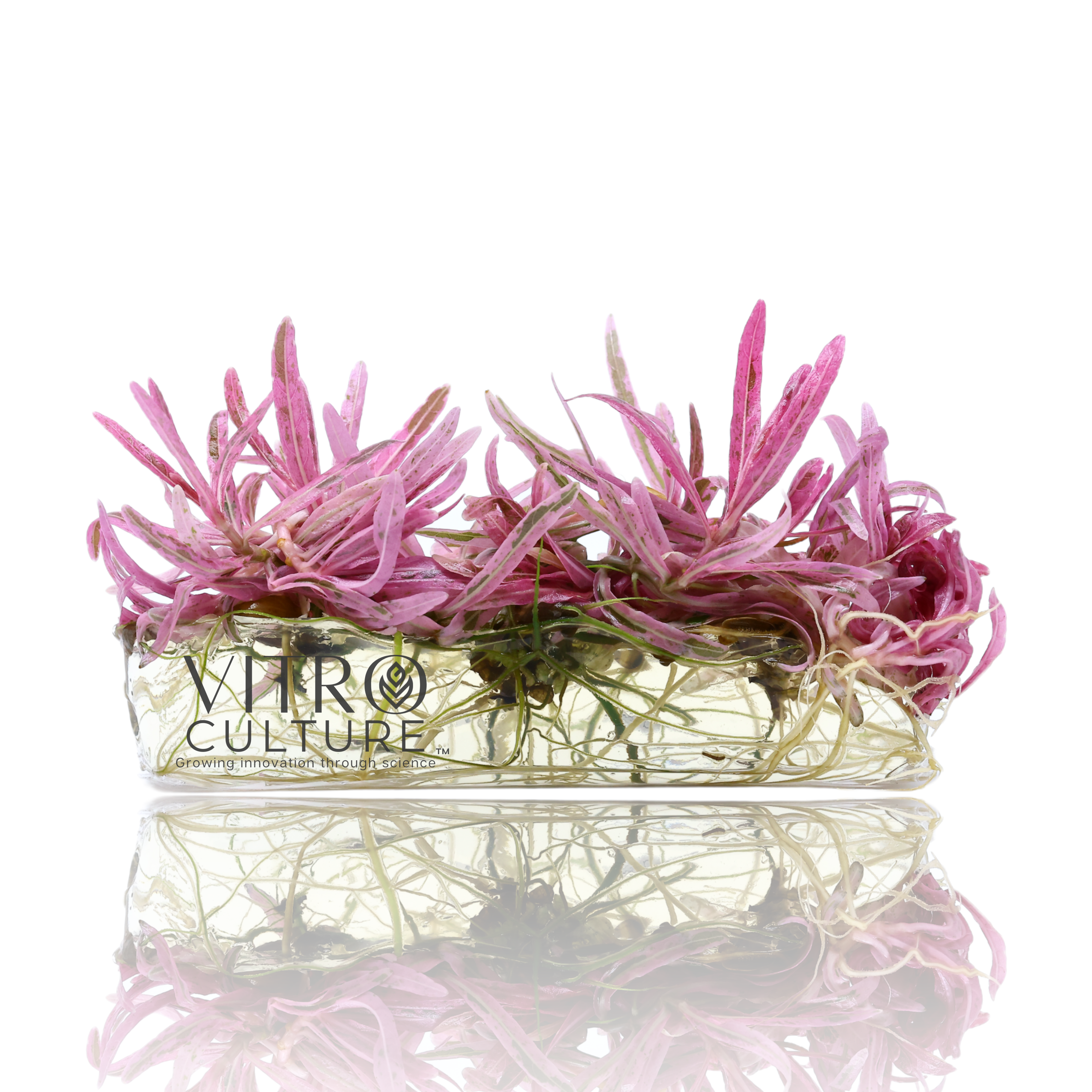
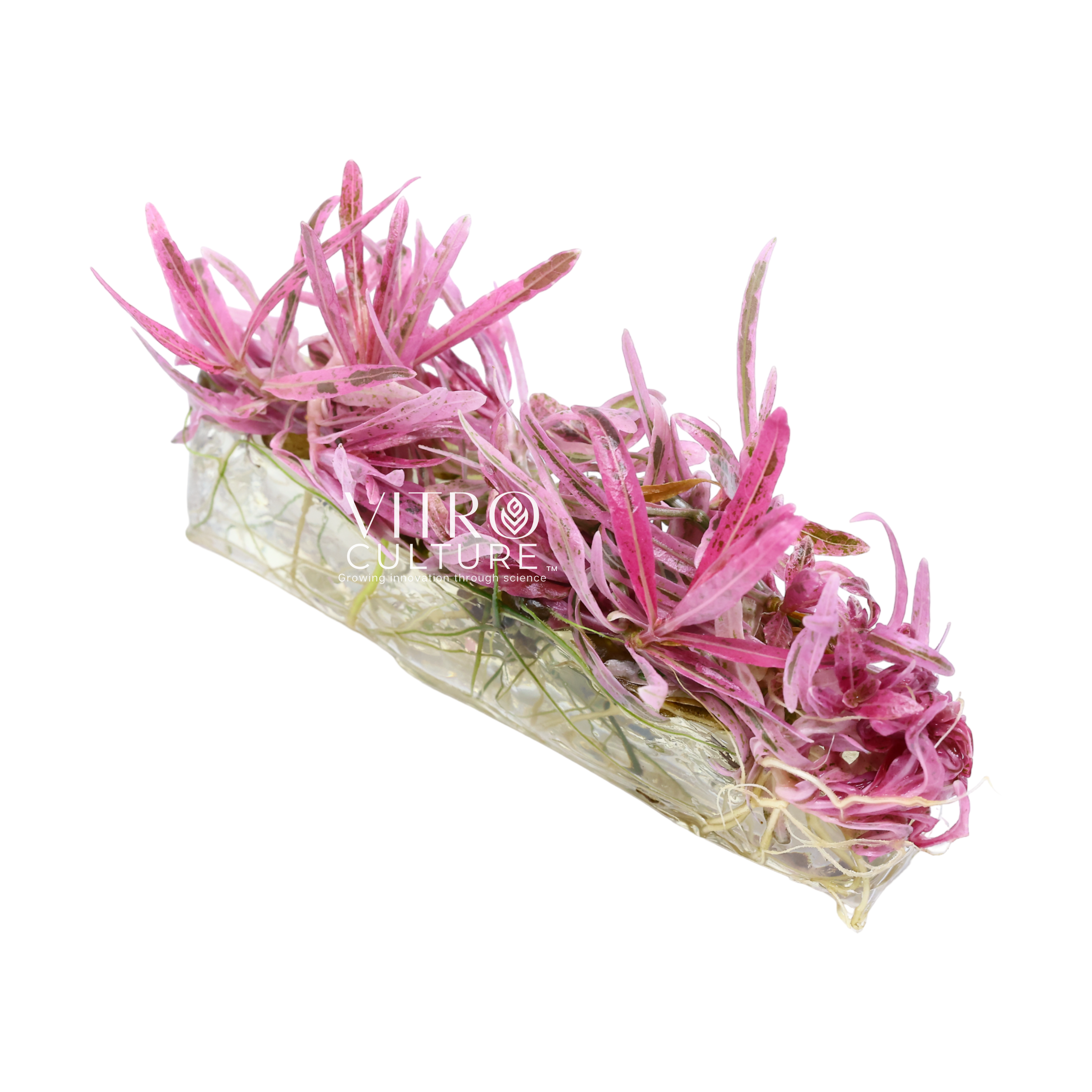
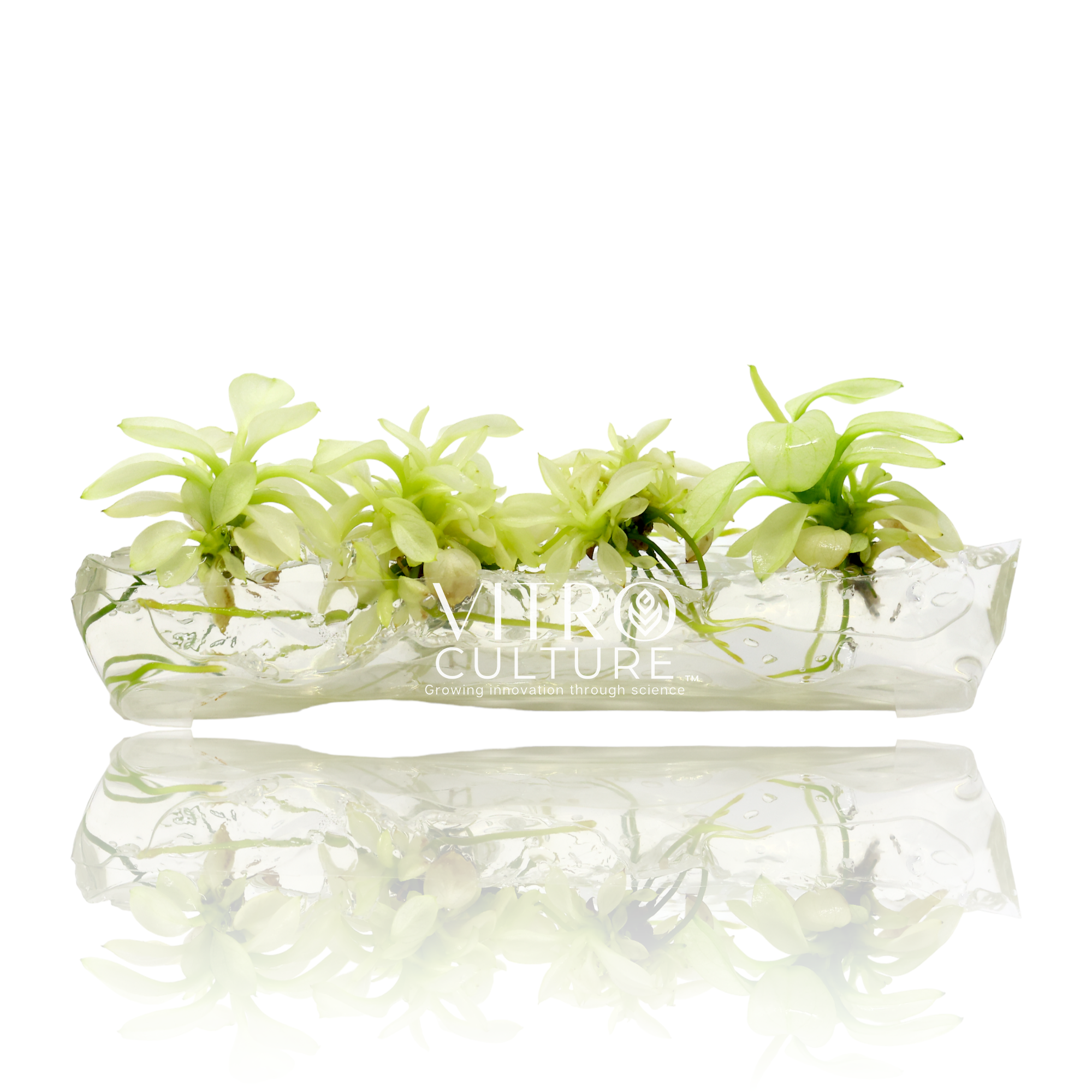
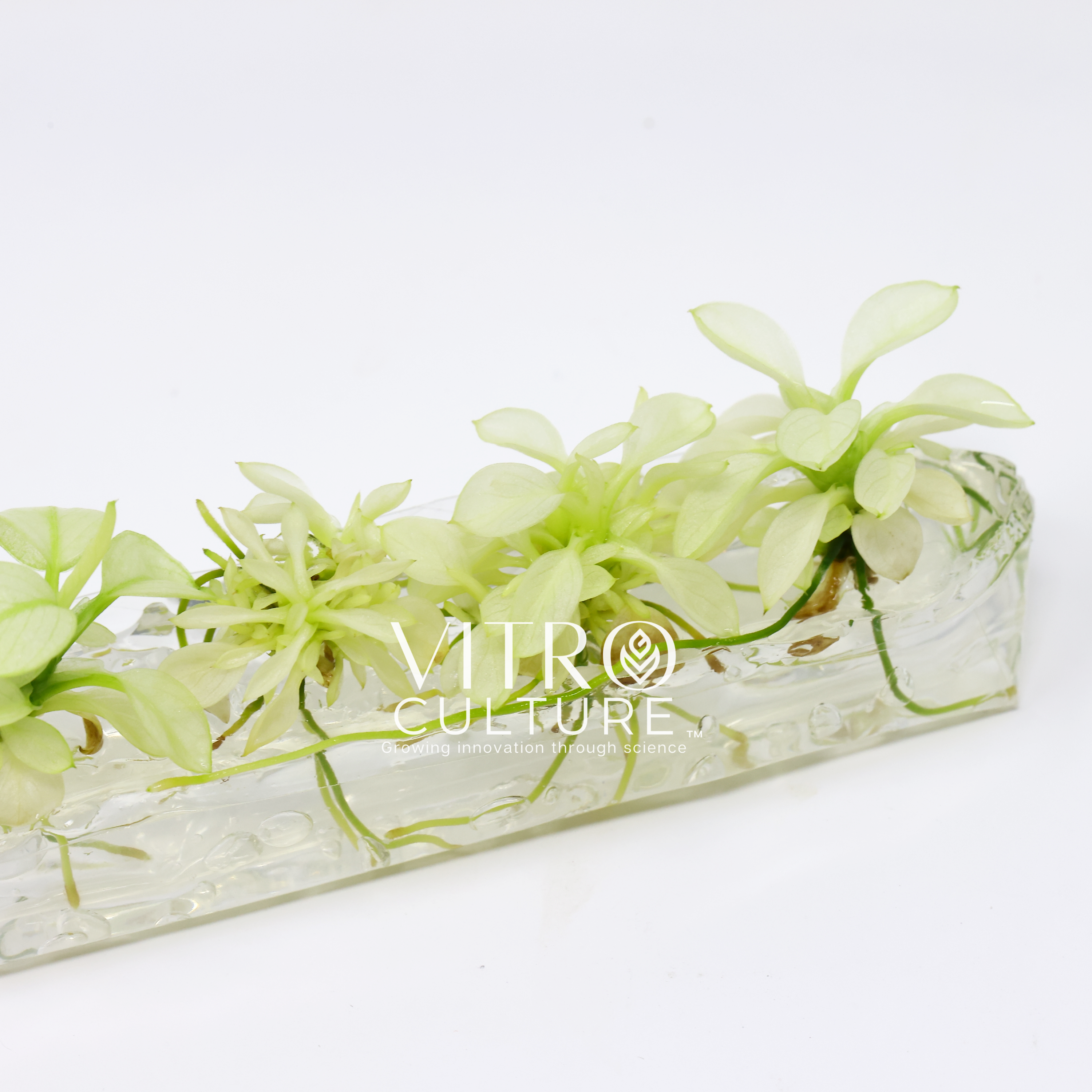
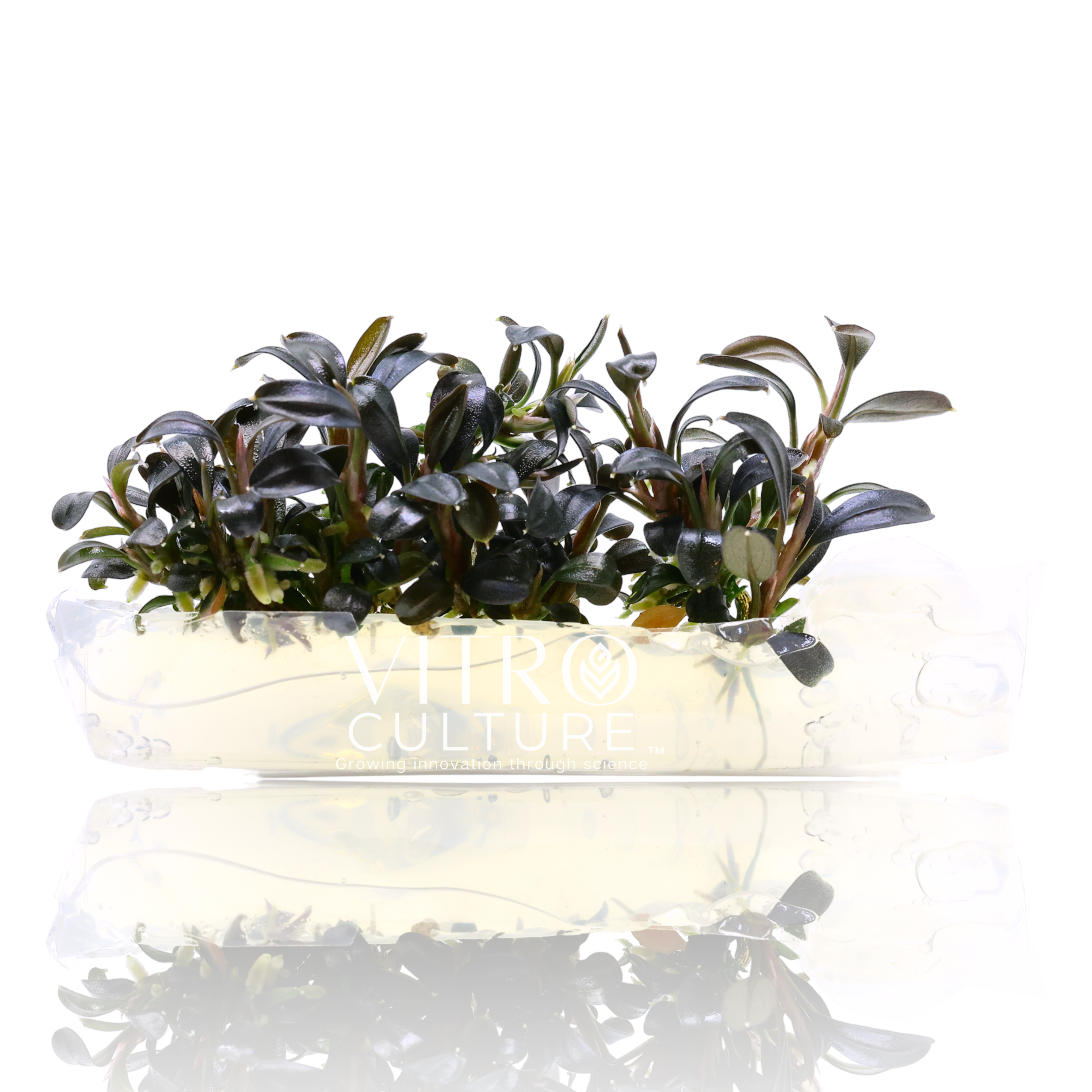
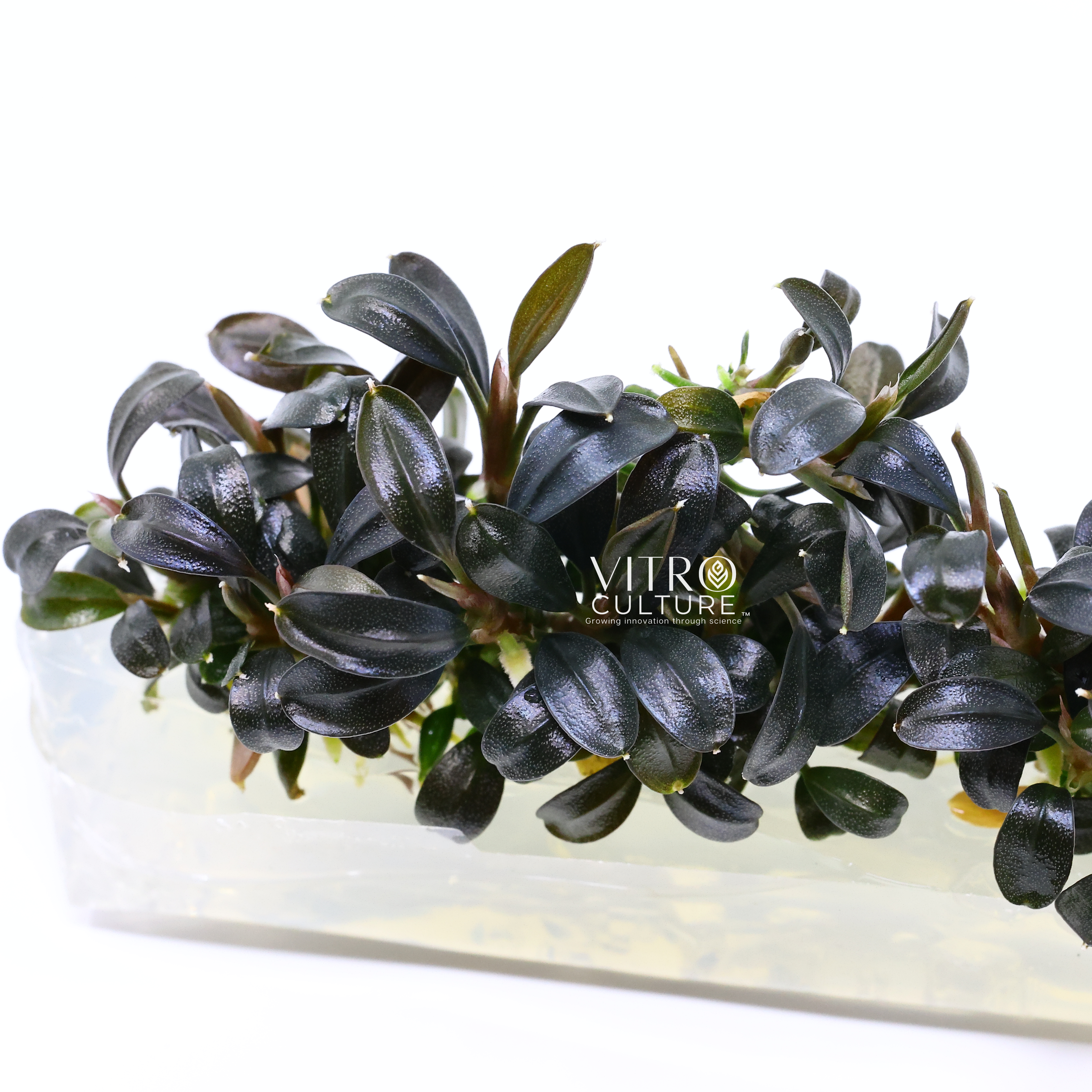
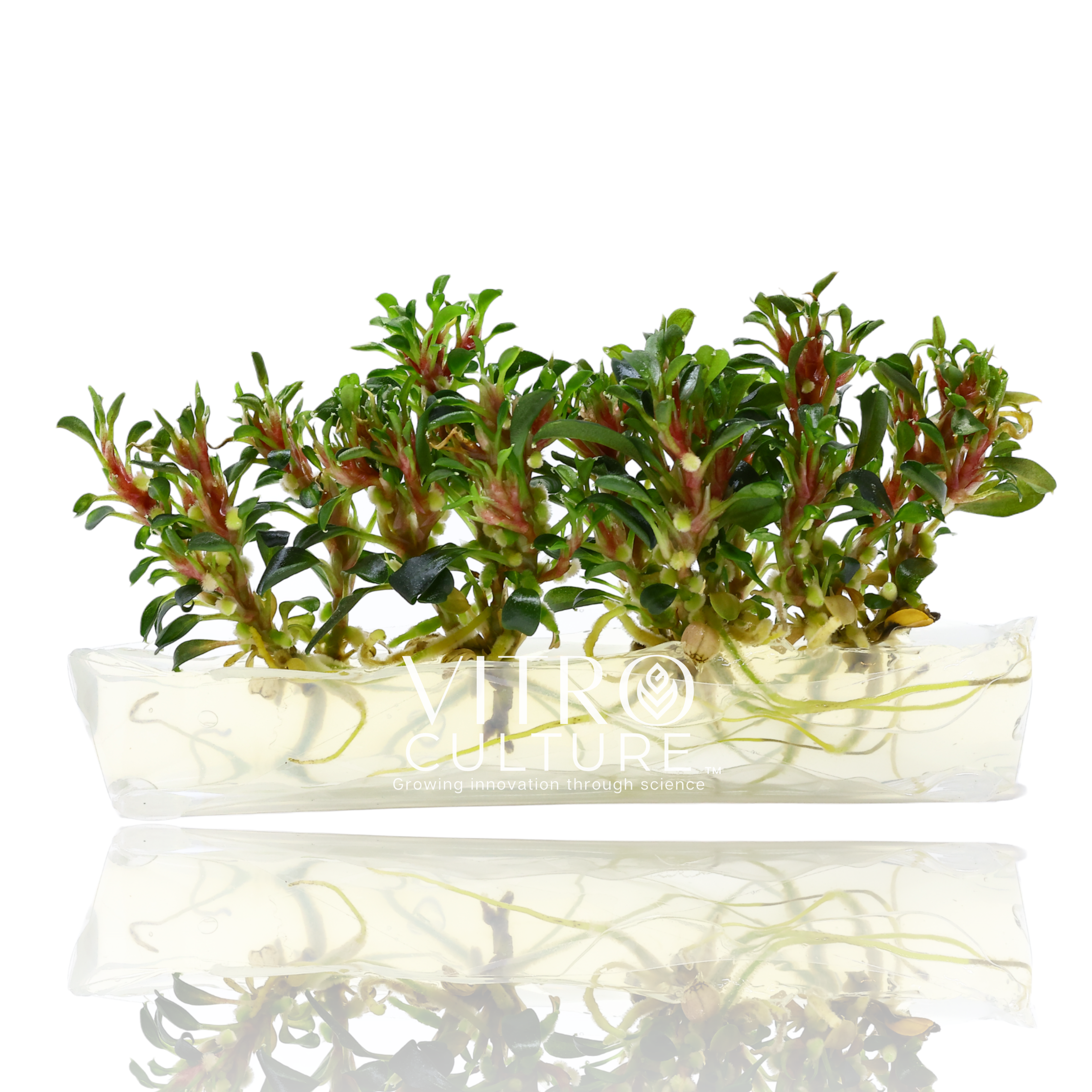
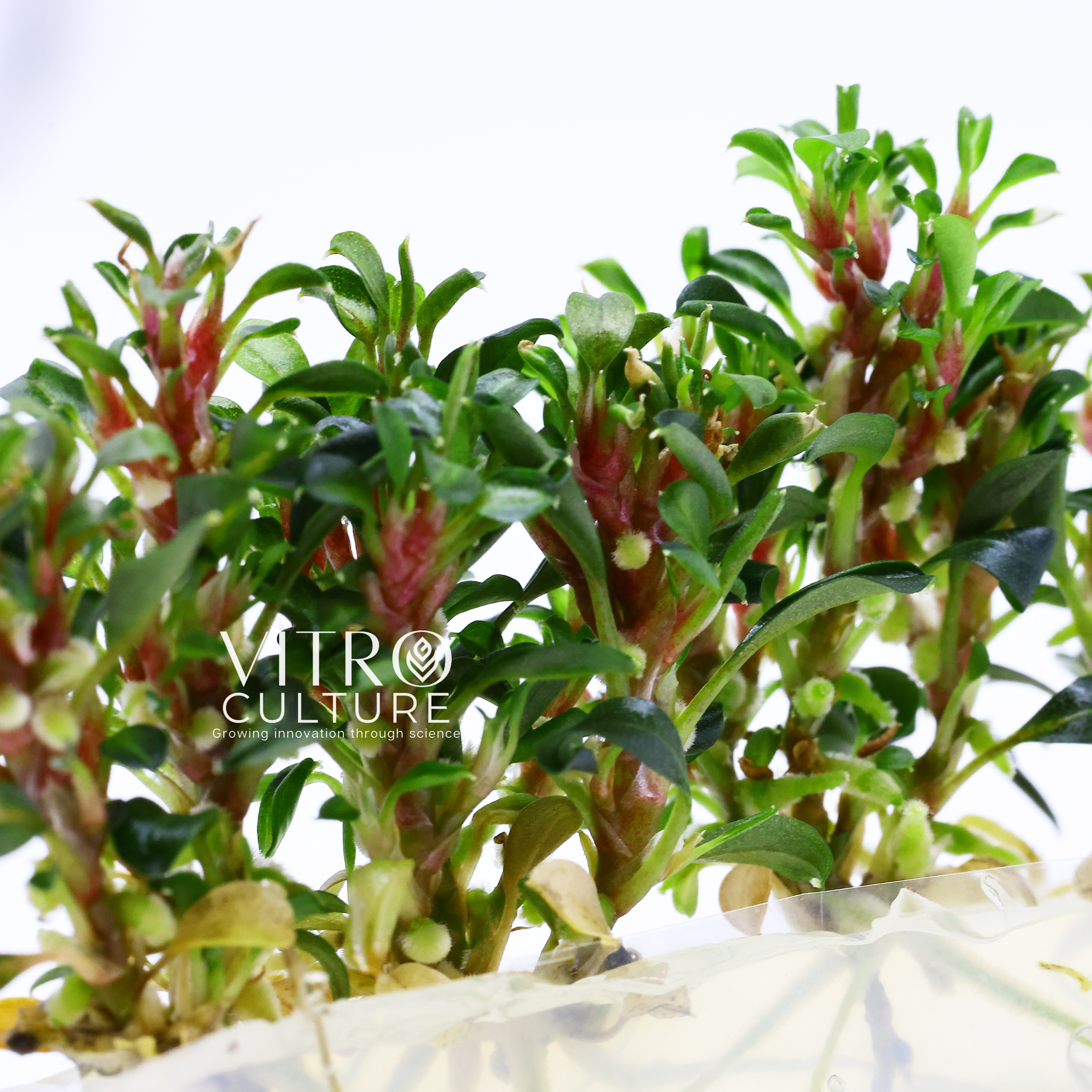
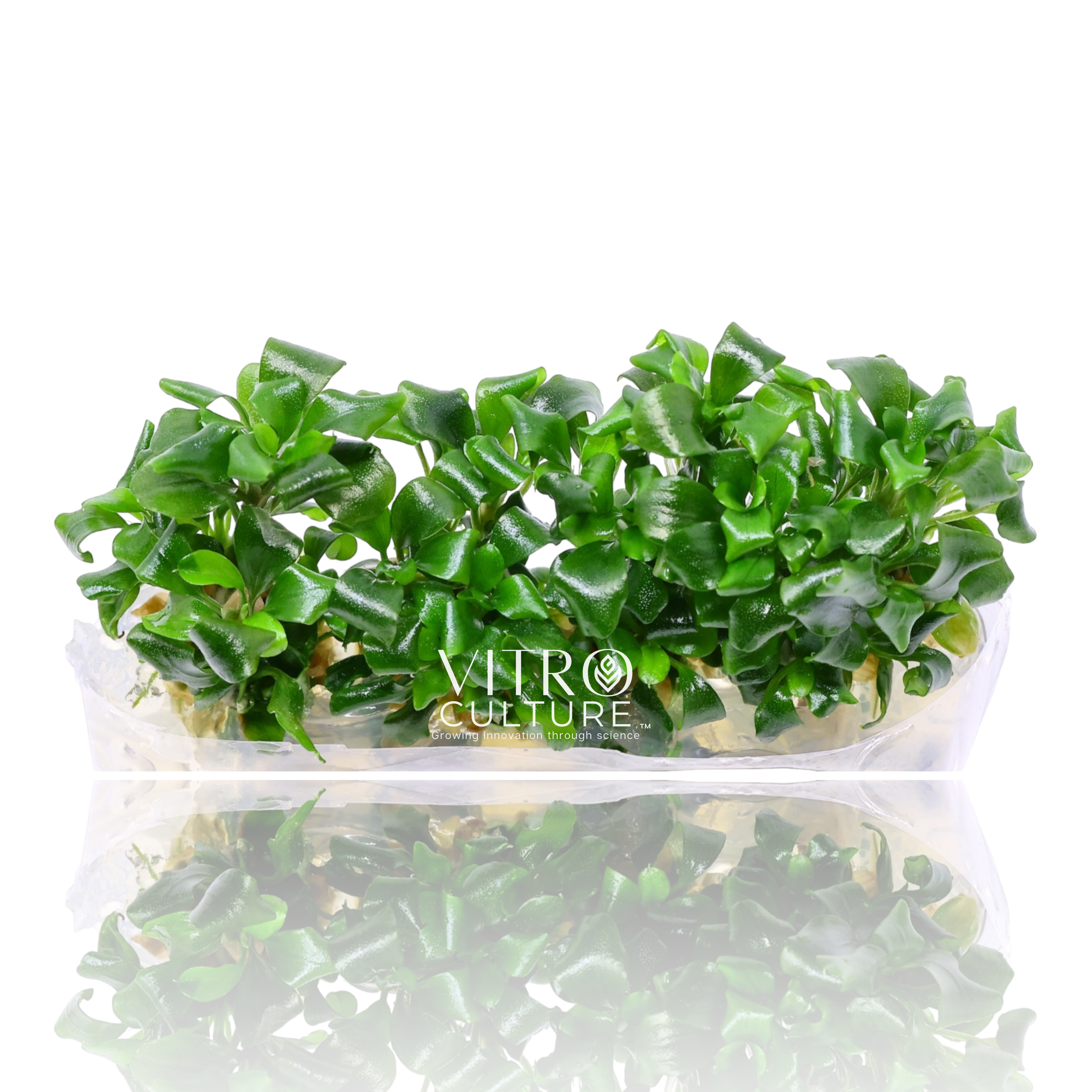
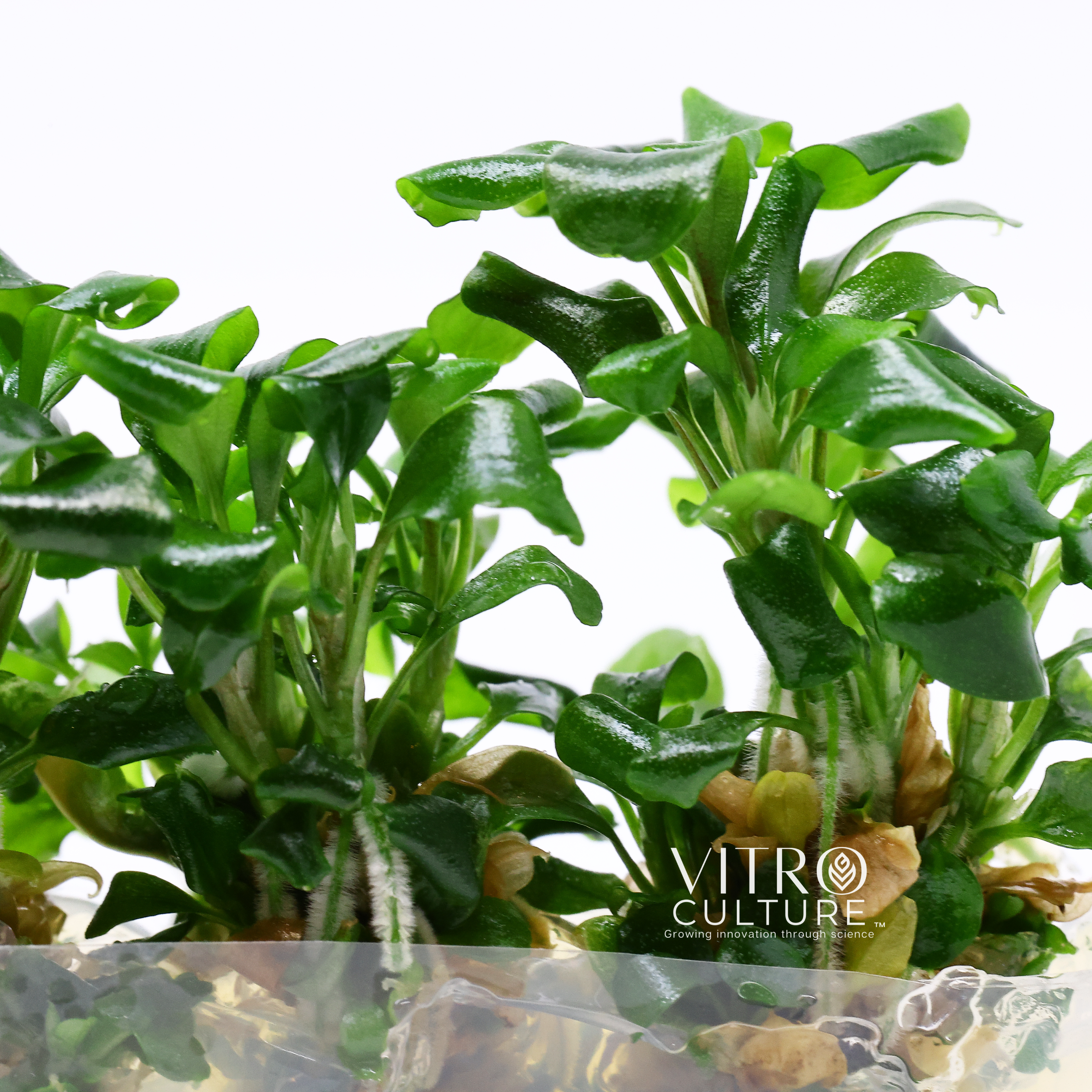
![Philodendron Pink Princess [Highly Variegated] in Vitro, Tissue Culture](http://vitroculture.com/cdn/shop/products/Philodendron-pink-princess.png?v=1677227730)








